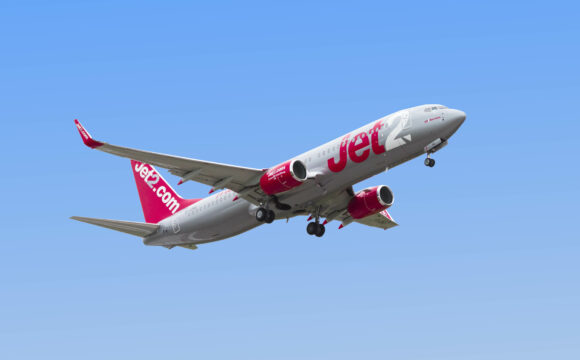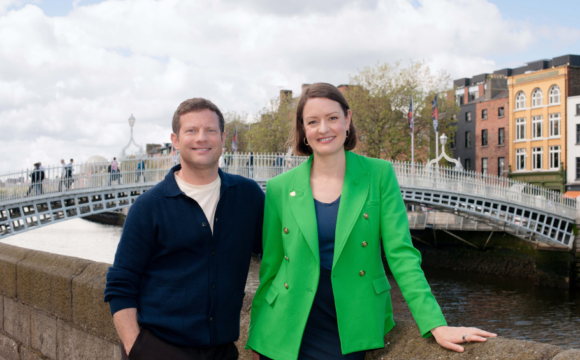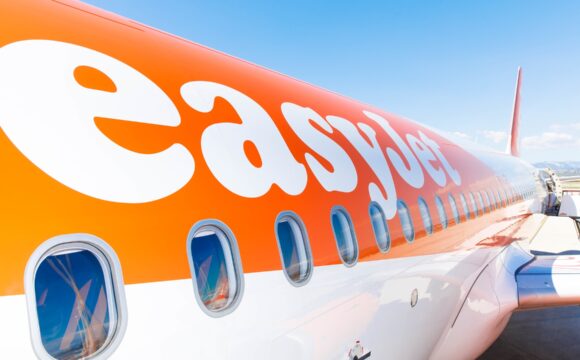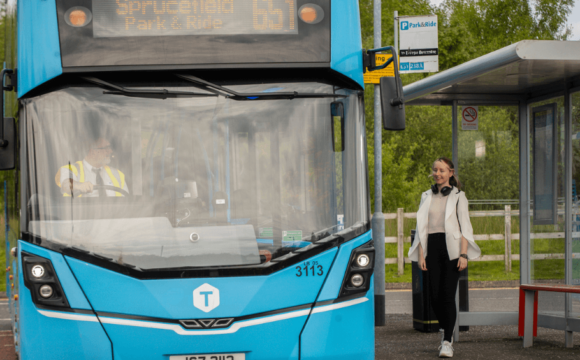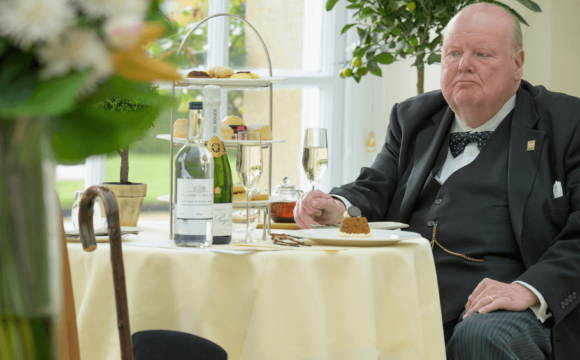What do I do with the leftover currency I bring home?
According to WeSwap research, £819 million worth of foreign currency sits in kitchen drawers and piggy banks across the nation and only 9% of people change back their leftover currency. This results in people being £2.5 billion out of pocket for their upcoming summer holiday.
Although purchasing products at duty free is one option it’s a good idea to convert that left-over currency back into GBP, otherwise it’s just wasted money.
Should I use cash or card when abroad?
As Britain continues to move further towards a cashless society, it is easy to forget that many countries we visit continue to use cash more frequently than card. The increasing problem for holidaymakers now is knowing exactly how to spend their holiday money when abroad.
Research reveals that Sweden, Norway and Finland top the list for card use – all three countries are well known for their preference for debit and credit cards. Sweden is well on its way to being a cashless society, with “no cash accepted” signs becoming a common occurrence in Swedish stores. Holidaymakers should be aware of this when travelling and not get caught out with plenty of krona but no card to spend it on. However, there are less than 35% of holidaymakers’ transactions being made using a card in popular tourist spots Greece and Croatia. This summer, holidaymakers should be conscious of how they are paying while abroad.
Also, it is important to ensure you are getting the best rates for your money as well as using a travel card that doesn’t come with hidden charges such as ATM fees and transaction fees. With UK debit cards deducting up to around 3% in non-sterling transaction fees, in addition to 2% overseas ATM fee based on the amount you take out, once totalled up, we’re charged at a conservative estimate a colossal £125,000,000 in ATM fees abroad. By researching travel cards, holidaymakers can travel safe in the knowledge that purchasing travel insurance will not take them over their budgets.
How do I avoid losing money on scam holiday deals?
According to research by Association of British Travel Agents (ABTA), 5,000 British tourists lost more than £7m to travel-related scams after purchasing counterfeit airline tickets, accommodation or organised tours. A further quarter of crimes involved accommodation, such as payments to stay in upmarket villas which are either fictitious or being offered without the owner’s knowledge.
First of all, if you are ever unsure, don’t act. A genuine company will never rush you to take action, so be aware of fraudsters trying to hurry you into making a purchase. Secondly, if you are using a card, always make sure your mobile telephone number and email address registered with the card provider is up to date.
Which holiday provider will provide me with the best deals?
When planning a holiday, finding the best holiday provider which will inform you of the best deals can be a difficult and overwhelming process. In nationally representative research across a sample of more than 2004 UK adults, the top flight aggregators and domestic carriers were put to the test:
It is recommended that holidaymakers should take time to talk to their local travel agent about finding the best deals available.
Should I get travel insurance and how can I ensure I get the best deal?
Travel insurance can often be the last thing on a very long checklist for holidays, with many of us taking the risk and not purchasing any form of insurance at all. However, as there is now more emphasis on experiential travel, travel insurance is becoming the one thing that should be top of the list.
It is recommended that when looking at different insurance providers we read the key benefits and features information before you buy so you know what you’re actually getting. For those who enjoy package holidays – make sure you’re not already paying for travel insurance extras as part of your package. Also, make sure you are insured for all the activities you want to do while on holiday – things like quad biking are usually not included with a standard insurance package.



